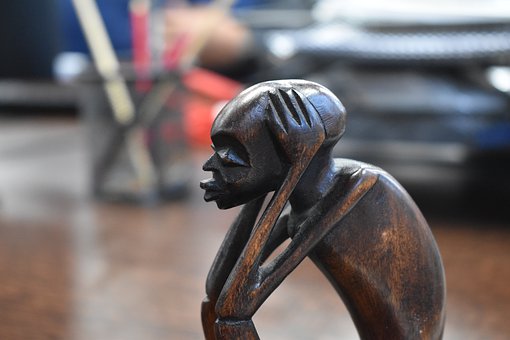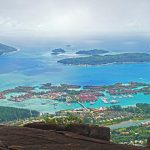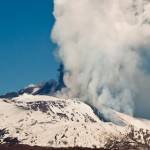Traveling is the thing that makes the world go round and round – and we can’t help but want to pack out bags and just go. Still, sometimes, a country can be as dangerous as it can be dreamy – for which reason you have to be really careful. Research is key, particularly when you are planning to visit a country you have never been to
For many people, Angola is seen as the top touristic spot in Africa – a travel mystery that has yet to be unraveled. Being packed with a lot of elemental landscapes and functioning mostly on its oil-dependent economy, not many travelers really go there – unless you are up for some adventure.
Angola has many beauties to show – from waterfalls to beaches and remnants of colonial history. With just one trip, you can get a clear image of both Angola’s past and its future.
As a traveler, you will come across stringent visa policies, a bloody history, and high prices galore. Still, is Angola safe to visit now? And if so, what are some precautions that you should take in order to make sure you stay safe? Well, this Angola safety guide will bring you some insight into that.
Highest Risks That You Are Exposing Yourself to When Visiting Algeria
Africa may be considered a Third World Country on the rise – but at the same time, it’s also packed with many dangers. Some of these dangers may be more noticeable than others – but in order for your trip to be successful, you have to be prepared.
Overall Risk in Angola: HIGH
Generally, as long as you travel with a guide in Angola that actually knows the lands, there should not be any problems. Still, if you travel alone, the risk of you getting robbed, scammed, or even raped is very high in Angola.
According to surveys done on travelers by gov.uk, the crime rate is at its highest in Luanda. There, the crime rate is most noticeable in an auto theft, sexual assault, and armed robbery. It’s considered so dangerous that most Angola safety travel tips advise that you always have a weapon on you.
Pickpocketing Risk in Angola: HIGH
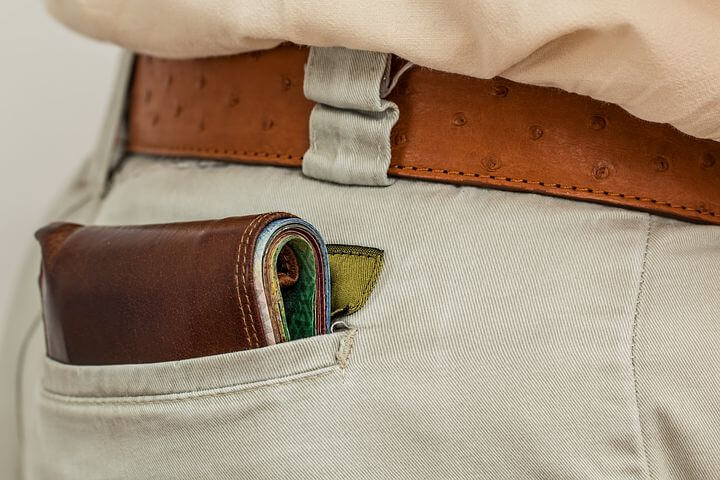
Considering that Angola is a country that is going through a lot of hardships at this current point, pickpocketing became second nature. Even children practice it – and since they are so small, you cannot even notice them around you.
Most pickpocketing incidents occur in well-crowded areas. In these cases, if a victim notices the culprit picking their pockets, they still have a chance of getting lost in a crowd. If the area is public but not that populated, then the chances of your pockets being picked are less likely.
The best way to avoid pickpockets in Angola – and in any other country, for that matter – is to avoid keeping things in your outer pockets. The best way to stay safe would be to hold your items in your inner pockets, where a pickpocket will not be able to hit.
Similarly, you may want to avoid carrying items of value on you – and by no means should you carry all your money with you. One minute you are walking down the streets, and the second you’ll be crying because you don’t have money to return home with.
If you haven’t been robbed much (for example, you just had a couple bucks stolen), don’t try looking for trouble. If you push the situation further, you might be getting more than you bargained for and instead of just being pickpocketed, you may end up being hurt too.
If you’ve been robbed of important items, contact the local services. They will also get in touch with the Embassy of your country, so you may want to learn by heart all the important phone numbers before going.
Scams Risk in Angola: MEDIUM

While scamming is not the main criminal event in Angola, it’s still occurring on a regular basis. These scammers may take the form of taxi drivers who may overcharge you or con men that will pretend they are tour guides.
In order to prevent any scamming circumstances, you might want to be cautious about the people you talk to. If it isn’t an official tour guide you’ve hired for your trip, then you should not give everything away. Ideally, you may want to get a licensed guide recommended by the hotel that you are staying at.
Like with pickpocketers, the first thing you should do is contact the police – particularly if you’ve been scammed of a significant sum. You have no idea who you’re dealing with, so you ought to avoid seeking your own justice.
Kidnapping Risks in Angola: HIGH
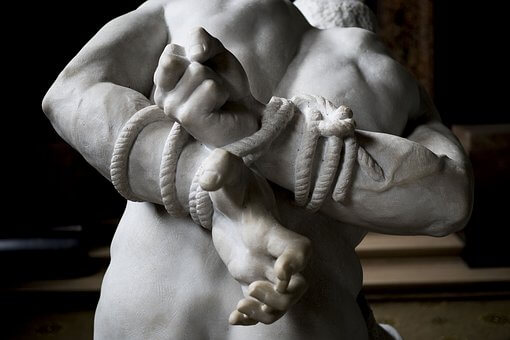
According to travel.gc.ca, the risk for kidnapping is high – particularly when it comes to Luanda. The main targets seem to be foreigners, and the victims are generally taken in order to receive a ransom.
If they see you flashing around your “I’m a foreigner” vibes, they will certainly see you as a target. For that reason, you may want to make sure you mingle in with the crowds; dress like them, and don’t talk to them about your very rich and loving aunt Dorothy.
If you get kidnapped, there’s nothing much that you can do other than wait for the authorities to figure things out. If someone from the outside knows that you got kidnapped, you should hope that they contacted the embassy
Other than that, you should avoid antagonizing your kidnappers, since you will only make things worse
Theft Risk in Angola: HIGH

Theft is a fairly high concern in Angola, particularly in big cities such as Luanda. Foreigners are generally the preferred target, and the theft rate usually rises after dark.
You may want to avoid withdrawing large sums of money from the ATM. Furthermore, you should always take a look around to make sure that no one is lurking around you. You may be assaulted and robbed of your money, even in broad daylight.
Carjacking is also an issue in Angola, particularly when it comes to luxury vehicles and four-wheel drives. If you become a victim, you might want to avoid resistance – since you might just make things worse for you.
Rape Risk in Angola: MEDIUM
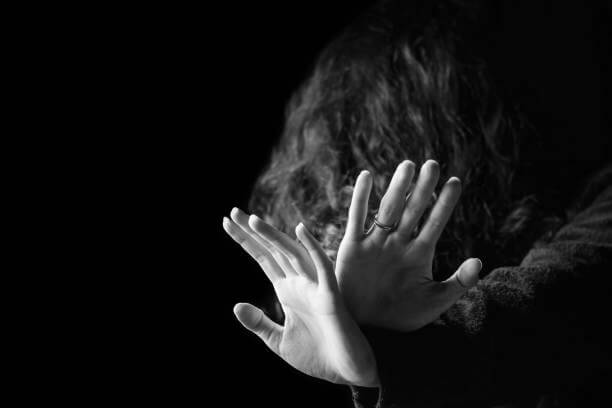
There have been several reported rape incidents, most of them occurring during the night in popular areas for nightlife. Still, these incidents may also occur in private homes – which is why you may want to take precautionary steps.
To prevent rape attempts, you may want to avoid traveling at home – especially during the night and especially in less-populated areas. While this might not be the biggest issue, you might also want to dress in conservative clothing – as to not attract the attention of potential rapists.
Sadly, the law in Angola is not really clear about the definition of rape itself – and this generally occurs in most countries in Africa. Because of that, if you do fall victim to this type of misfortune, you might not get the justice that you want.
So, is Angola safe for solo women travelers? Not completely, but you should stay safe as long as you exercise caution.
Terrorism Risk in Angola: MEDIUM
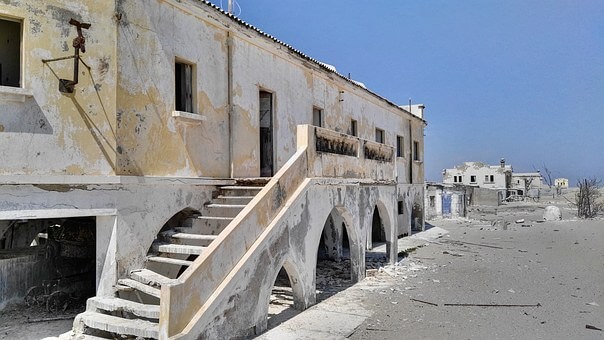
While there may not be any recent terrorism history in Angola, one should not rule out an attack – since these can happen globally at any point, in any country. The groups following the conflict between Iraq and Syria are spreading in every other country, so it will not hurt to be careful.
Demonstrations, however, will occasionally occur – and these may turn violent without so much as a warning.
Terrorists generally want to hurt the government – which is why it is very likely that a terrorist act may occur in the proximity of a government building. Similarly, crowded areas are also targeted – which is why you may want to avoid large crowds.
It is also a good idea to always remain informed of the local situation. Monitor the media, check the news – and always be one step ahead before diving into a full-blown demonstration.
If you see someone so much as flinching funny around you, it’s best to keep your distance. Keep cautious, look around, and remain calm – but take a run for it if you see that things are going south. Every Angola safety guide will encourage that you contact the authorities right away and you also get into contact with your embassy.
Risks for Women Travelling Alone in Angola: MEDIUM
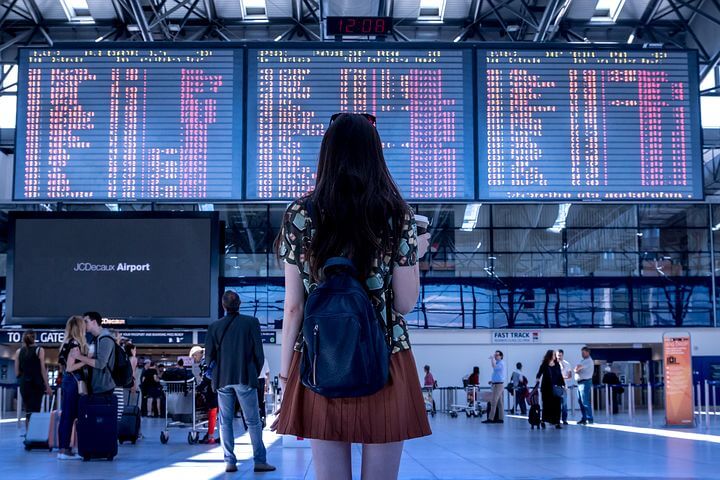
So, is Angola safe for solo women travelers? Depending on the place that you are traveling to, as well as the time, it may or may not be safe for traveling women. For example, if you travel during the day, in well-populated areas, then you are most likely to be safe – as long as you take the necessary precautions.
Never tell strangers that you’re traveling alone, and stay away from shady-looking areas. Most Angola safety travel tips advise that you also hide your jewelry and that you don’t flash your wealth in public.
Risks for People Traveling with Children in Angola: MEDIUM
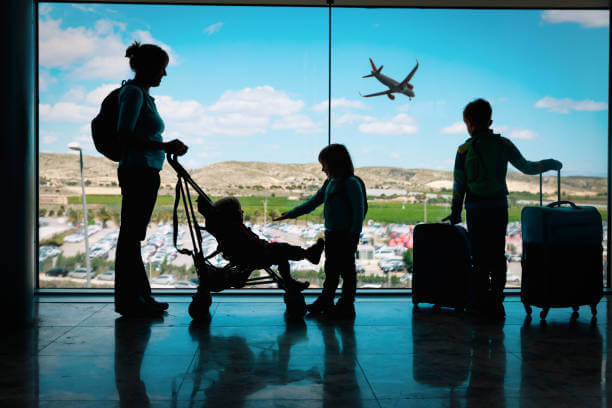
How safe is Angola for tourists if they also come with their children? We could say that chances of something happening are medium since children are generally protected. The worst thing that could happen is your child being kidnapped for ransom, but that will not occur if you are careful.
Generally, kidnappers only go for smaller groups of people – so if you are traveling with your entire family, spouse and children, chances are that you will not have any problems with children. Al you have to do is be very cautious about your surroundings – particularly in crowds.
If your child is exposed to risk, then you might want to contact the embassy or someone who could help in your situation (the authorities or medical care).
Natural Disasters Risk in Angola: MEDIUM
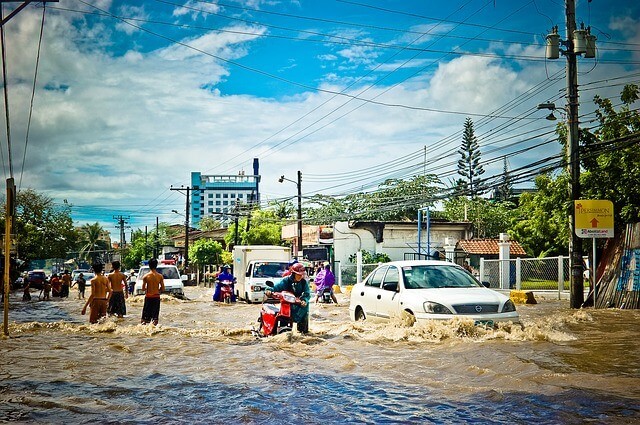
Angola is not as prone to natural disasters as other countries, but they may occur during the rainy season – which starts in November and ends in April. During this season, the heavy rain may cause extensive flooding and the infrastructure of the country may end up being damaged.
In these cases, delays can occur and it may take some time for you to reach your destination. Be sure to check the weather every time you head out or plan a trip – and ideally, you should avoid going during the rainy season.
Another thing that may be considered a “natural disaster” is epidemics – for example, yellow fever and cholera. You can, however, get immunity by receiving the shots – but in order for it to be effective, you have to take it at least two weeks prior to leaving.
So is Angola safe to visit when it comes to the environment? Yes and no. You do need to exercise a certain level of caution before heading out.
Top 3 Most Dangerous Cities in Angola
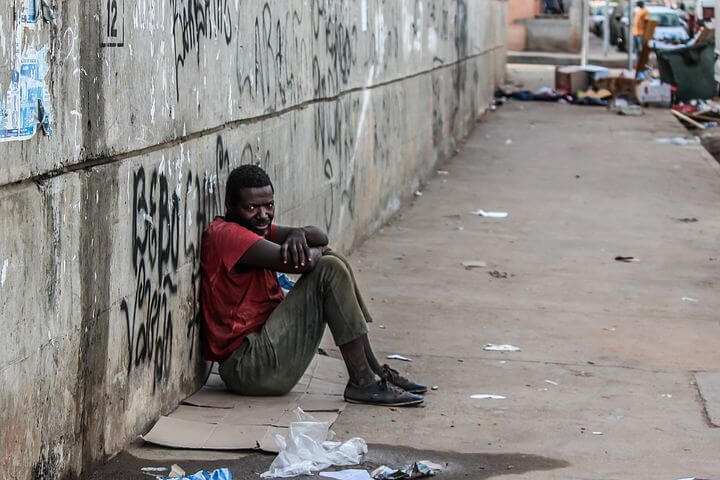
Depending on the cities that you go to, you may experience safety and friendly people – or you may come across dangers and thieves. Here are the top 3 dangerous cities.
- Luanda: Luanda is one of the top cities where crime is likely to occur. Since it is mostly frequented by travelers, it attracts many pickpockets, thieves, or armed criminals. You may want to avoid areas in Luanda such as Rocha Pinto and Roque Sainteiro.
- Cabinda: Cabinda is generally packed with political demonstrations – making it not only a core place for violence, but the perfect dwelling for pickpocketers. The FCO (Foreign Commonwealth Office) advice against all travels that is not essential.
- Lunda Norte: Lunda Norte is an Angolan province that attracts many tourists – and many criminals as well. Attacks have been known to occur during the nighttime, and the police are not always quickly responsive.
Final Thoughts
So, how safe is Angola for tourists? If you’re not careful about your surroundings, then it’s not as safe. Generally, most visits there are trouble-free – but if you walk alone in the middle of the night, in shady areas, flashing your richness, you are bound to get yourself into trouble.
Angola is certainly more dangerous than other countries such as Italy or Norway. However, as long as you keep a low profile and keep your third eye open, then you are probably not going to end into trouble.

